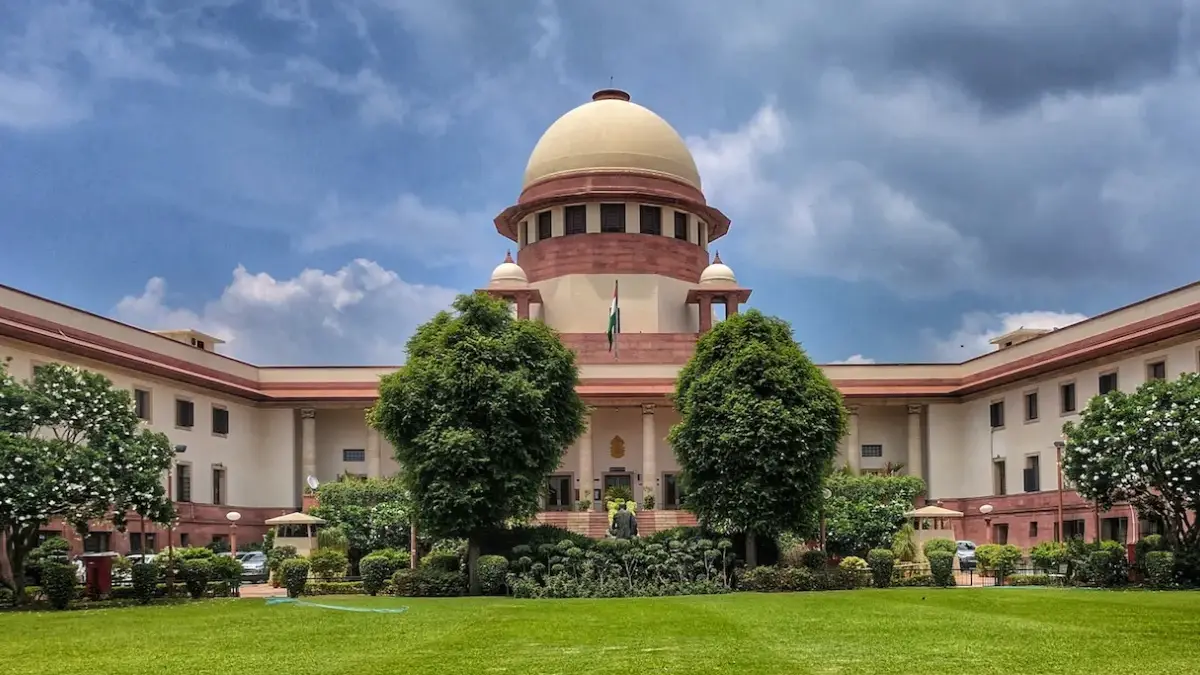New Delhi : The Supreme Court on Monday asked five comedians – Samay Raina, Vipun Goyal, Balraj Paramjeet Singh Ghai, Sonali Thakkar, and Nishant Jagdish Tanwar – to publicly apologise for making insensitive jokes mocking persons with disabilities (PwDs) and warned that financial penalties may be imposed for their remarks during an episode of ‘India’s Got Latent’.
The top court also asked influencers to file an affidavit detailing the steps they can take to use their platforms to raise awareness about the rights of persons with disabilities.”Influencers of today should realise that commercialising speech comes with responsibility. The community at large should not be used to hurt certain sections of society.
The court emphasised that these guidelines should not be a knee-jerk reaction to a single incident but must be broad-based, taking into account challenges posed by technological advancements. Comedian Samay Raina has been accused of mocking persons with disabilities. A complaint filed against him accuses him of ridiculing the treatment of patients suffering from Spinal Muscular Atrophy (SMA) in two of his videos, and making insensitive remarks about blind and cross-eyed individuals.
The Cure SMA Foundation, which filed the application, sought to intervene in the case and urged the court to include specific protections for persons with disabilities under the proposed regulatory framework for online content. According to the Foundation, such clips are just “a drop in the bucket”, highlighting a larger trend where persons with disabilities are made objects of “derision, pity, or public entertainment.
The top court said that while Samay Raina apologised for his remarks, he initially tried to defend himself. Ranveer Allahbadia and other comedians or content creators involved in similar controversies have been asked to post apologies on their podcasts and YouTube channels. They must also submit affidavits explaining how they plan to leverage their social media influence to educate followers about disability rights.
During the hearing, Attorney General KK Venugopal noted that social media allow creators to feed on their own freedom, often prioritising followers and engagement over ethical considerations. Justice J Bagchi observed that such content constitutes commercial speech, which does not enjoy the same fundamental rights protections as free speech.
Read Also : Union Minister Kiren Rijiju Hit Out At Sayeda Hameed Over Her Bangladeshis’s Remark
